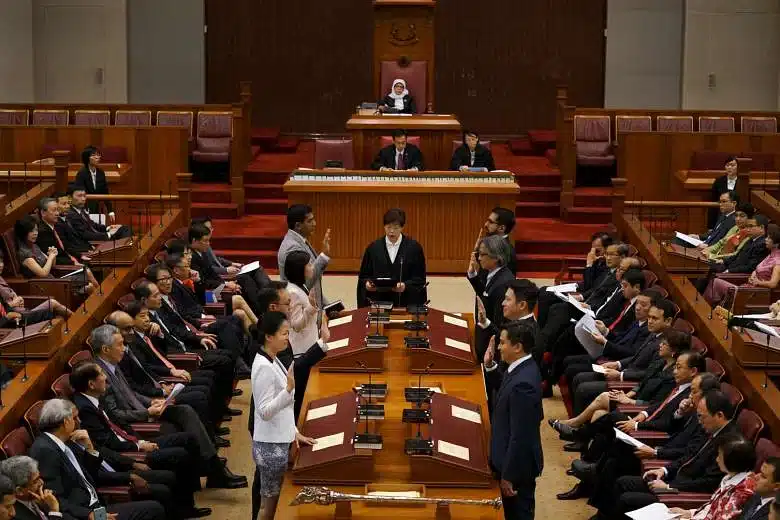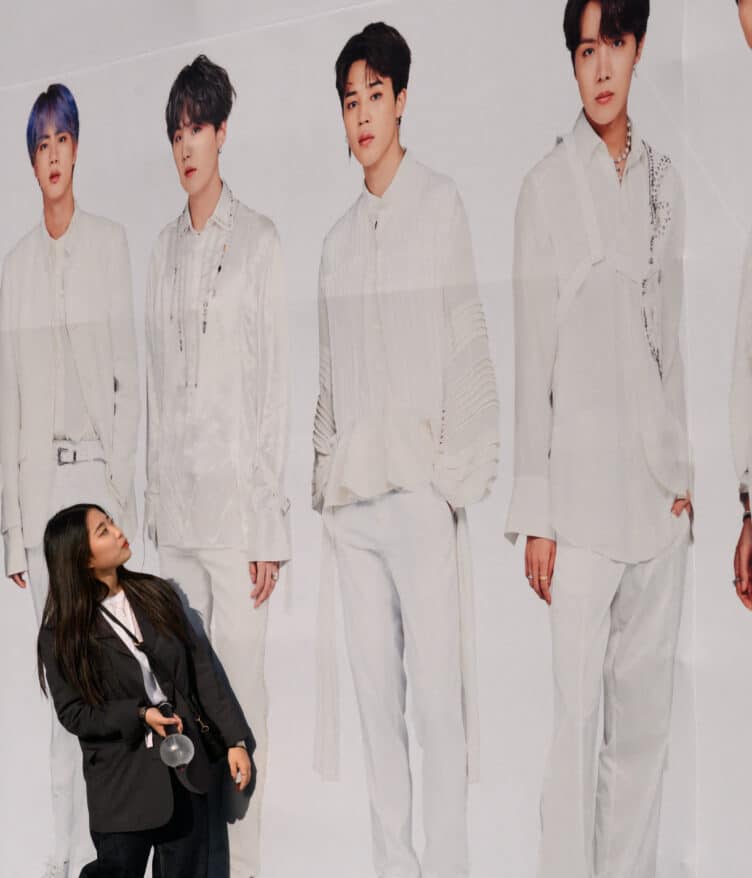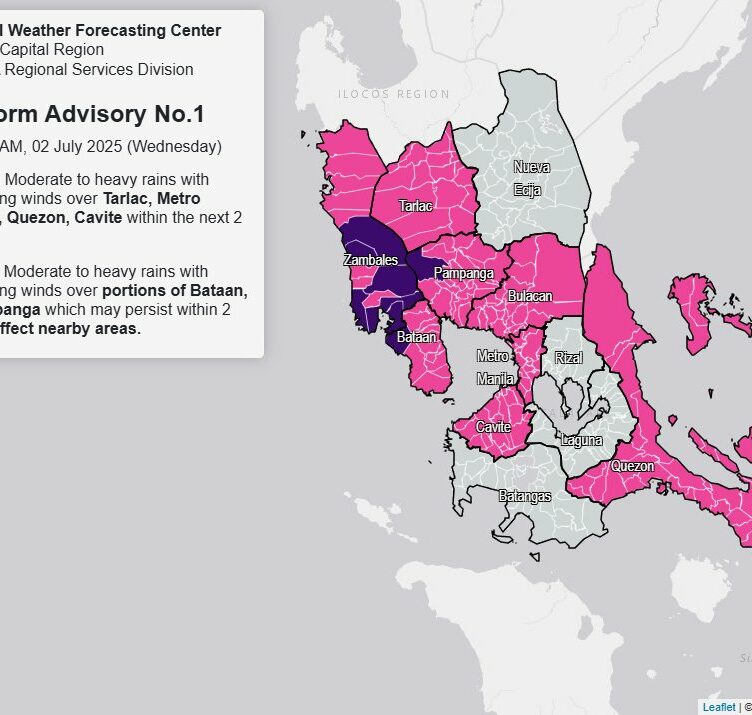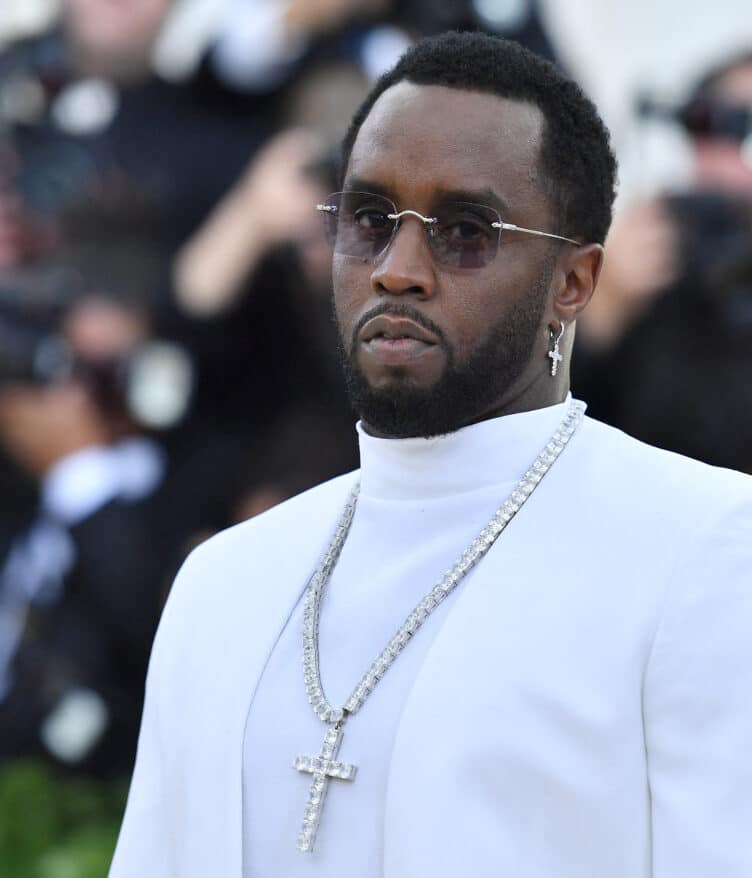Singapore Parliament has passed a law requiring all social media sites like Facebook, Instagram, Youtube, and Tiktok to remove shocking or dreadful content such as sexual exploitation of children and terrorism.
According to Singapore’s Straits Times, the Parliament of Singapore unanimously passed the Online Safety Bill, amending the Broadcasting Act that expands the reach of Singapore control beyond television and radio.
With the passage of the bill, the Infocomm Media Development Authority (IMDA) will have the authority to require social media sites like Facebook, Instagram, YouTube, and TikTok to remove “egregious content.”
This includes posts that encourage people to commit suicide, hurt themselves, sexually exploit children, or engage in acts of terrorism. It also contains items that may stir racial or religious tensions or constitute a threat to public health.
If compliance is not met, the violator may be subject to a fine of up to $1 million or be given instructions to have their social media services disabled in the country.
If internet service providers in Singapore fail to restrict the services in question, they could be subject to fines of up to $500,000.
An additional version of a Code of Practice for Online Safety, which is intended to be enforced on regulated social media sites, outlines the measures necessary to prevent consumers, particularly children under 18, from accessing hazardous content.
These include platforms that enable users to report hazardous content and inappropriate activities and technologies that allow children or their parents to control their safety on these platforms.
After one more round of discussion with representatives from social media companies, the code is projected to be implemented as early as 2023.
Meanwhile, MPs Tin Pei Ling and Ms. Nadia Ahmad Samdin questioned why encrypted messaging platforms like WhatsApp and Facebook Messenger are not included in the scope of the bill, even though the majority of “image-based sexual abuse” occurs through these private channels.
However, Josephine Teo, the Minister for Communications and Information at the Ministry of Communications and Information, said, “there are legitimate private concerns.”
“While we do not intend to police private communications, we are also aware that there are groups with very large memberships, which could be used to propagate egregious content, making them no different from non-private communication on a social media service. In such instances, IMDA will be empowered to take the same actions against them,” she added.
Teo advised that individuals who get harmful messages or unsolicited interactions in private messages while using these social media sites can block the sender or report the sender to the provider.
“Shared responsibility, parental guidance, and active individual involvement will play a key role in ensuring that even in the face of harmful online content, users, including children, can stay safe online. This bill is a first step. We will continue to work with all of you, and our various partners, to keep our people safe online,” Teo said in her closing speech.
Photo Credit: Parliament of Singapore
How useful was this post?
Click on a star to rate it!
Average rating 0 / 5. Vote count: 0
No votes so far! Be the first to rate this post.
We are sorry that this post was not useful for you!
Let us improve this post!
Tell us how we can improve this post?








